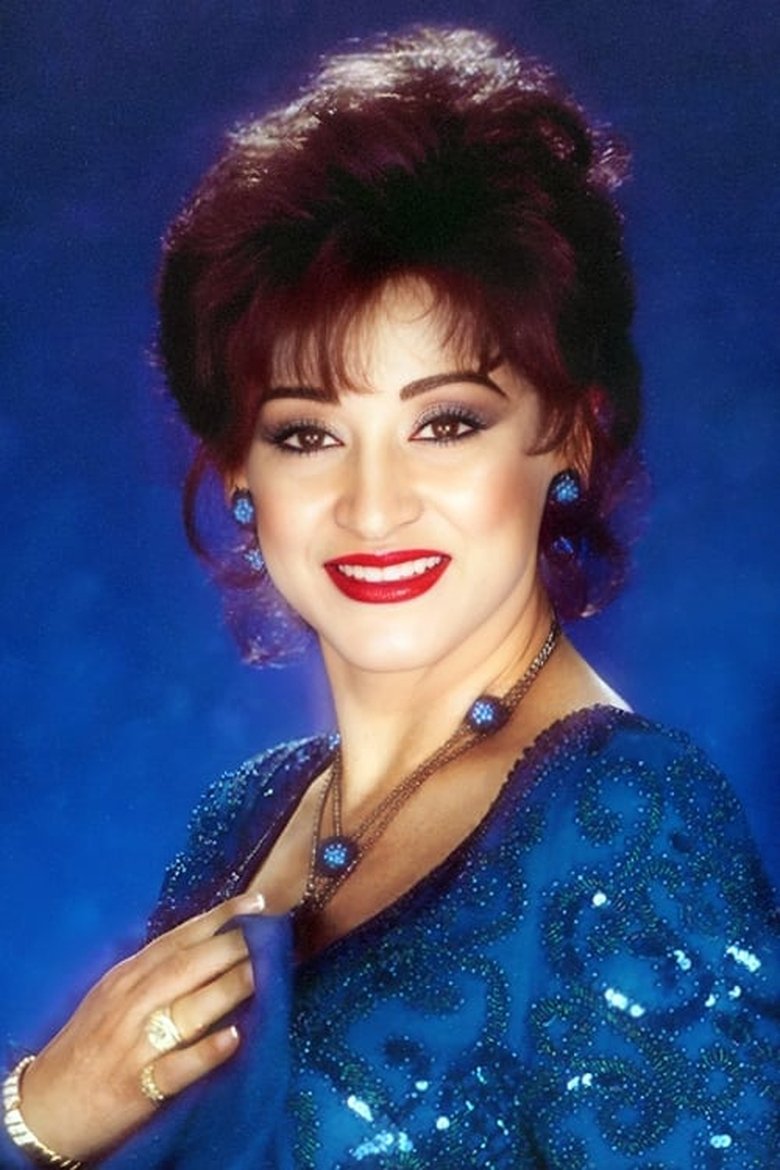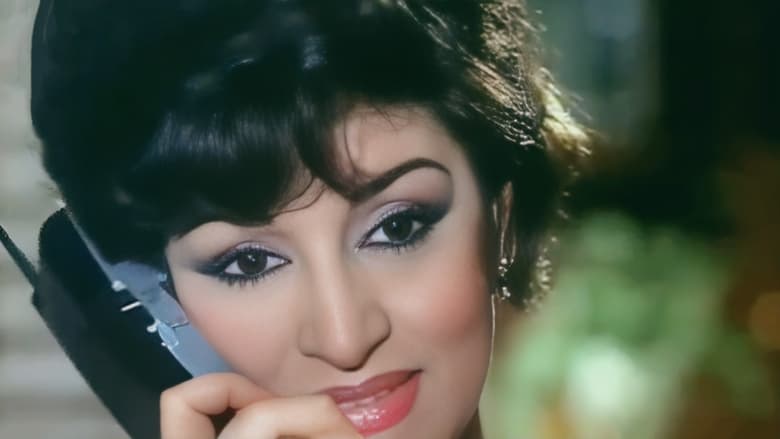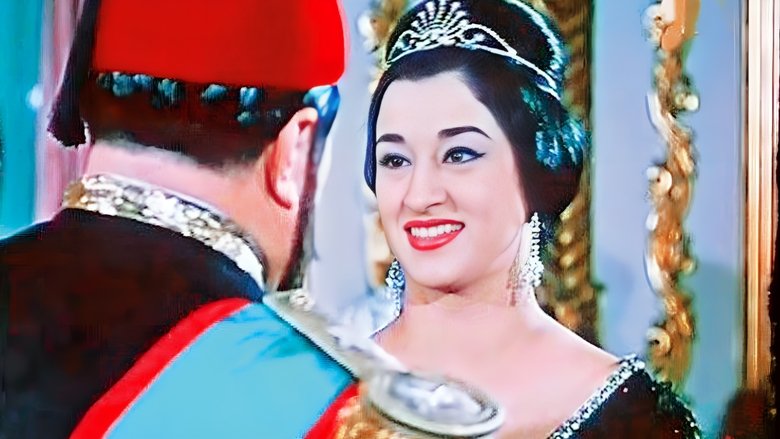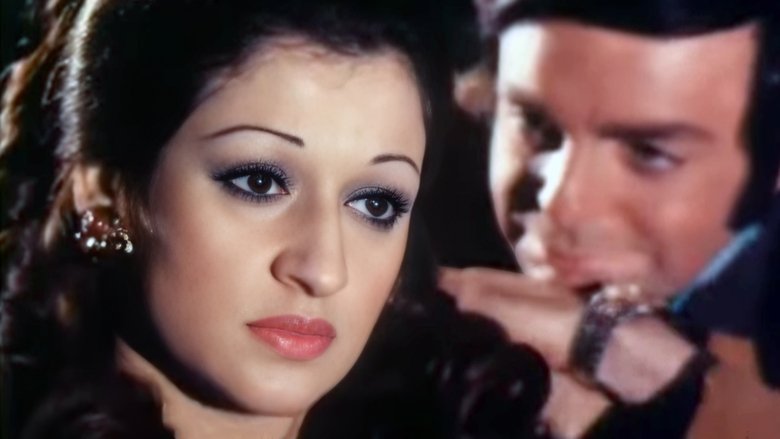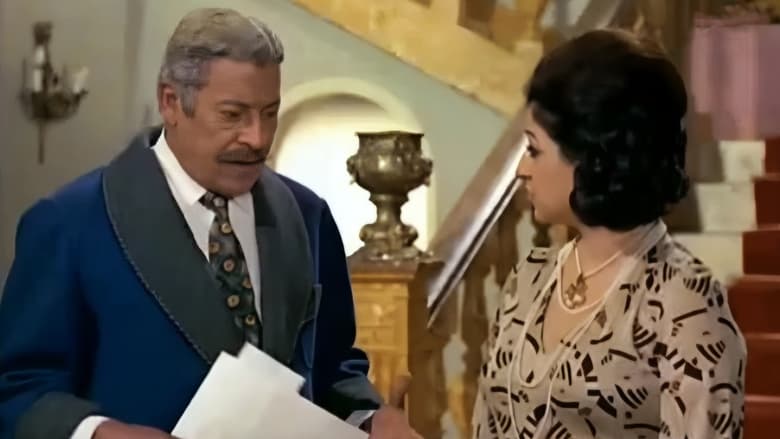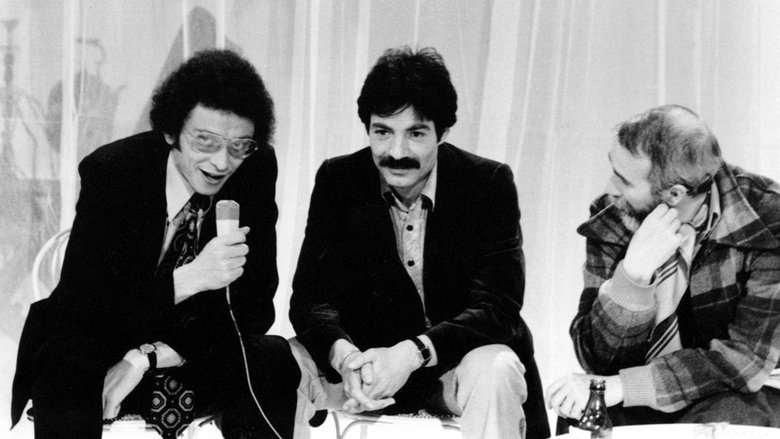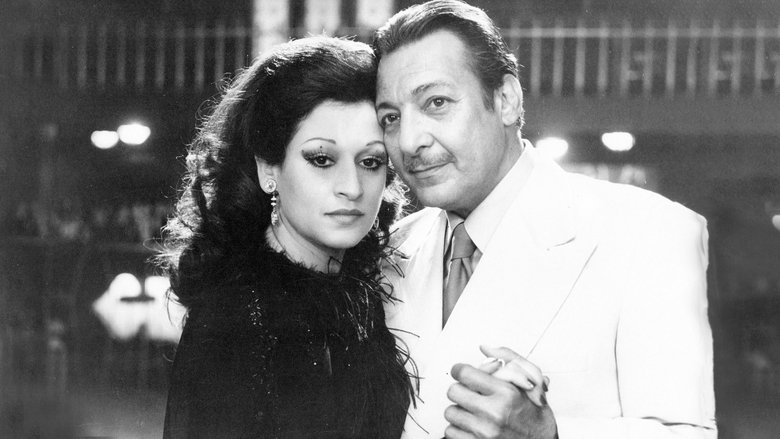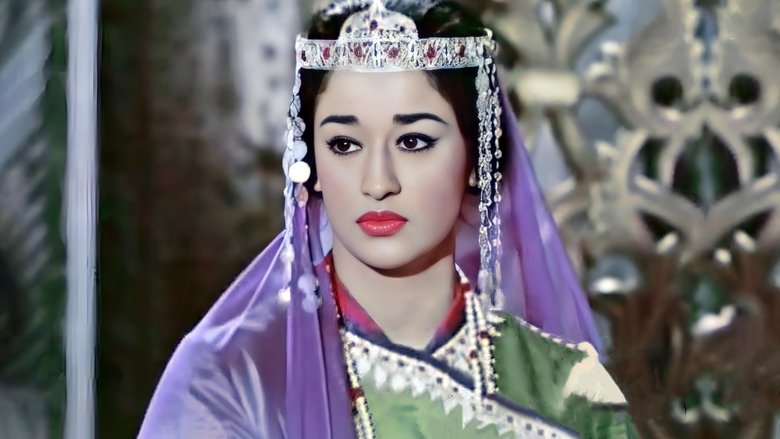Warda Al-Jazairia
Born: 1939-07-22 (age ), Paris, France
Warda Ftouki, better known as Warda (Arabic: وردة), or Warda Al-Jazairia (Arabic: وردة الجزائرية, "Warda the Algerian"), was an Algerian singer. Born on July 22, 1939 in Paris to an Algerian father and a Lebanese mother, she died on May 17, 2012 in Cairo, Egypt. Warda was born in Paris to an Algerian father, Mohammed Ftouki, originally from Souk Ahras, and a Lebanese mother. She began singing during the 1950s in her father's establishment, Tam-Tam, in the Latin Quarter in Paris. At 11, she sang in host Ahmed Hachlaf's show broadcast on Paris Inter. She recorded her first album with Pathé-Marconi. In 1956, weapons intended for the FLN were discovered by the police in his father's cabaret. The establishment is closed and the family deported to Lebanon. In 1959 she met the composer Mohammed Abdel Wahab, who taught her classical singing and adapted Bi-Omri Kullo Habbitak for her. Gamal Abdel Nasser asked him to perform Al Watan Al Akbar, written for a pan-Arab opera. Director Helmi Rafla signed her to a contract, and she pursued a musical and film career in Egypt. After Algeria's independence, she went there for the first time and married an officer. Warda paused her career for around ten years to raise their daughter Widad and their son Riyad. In 1972, at the request of President Houari Boumédiène, she took part in the commemoration of the 10th anniversary of the country's independence by performing in Algiers with an Egyptian orchestra. After her divorce, she resumed her career and returned to Egypt, where she married the composer Baligh Hamdi. She works with the great Arab composers, Hilmi Bakr, Riadh Sombati, Mohammed Abdel Wahab, Mohammed Al-Mougui and Sayed Mekawi. In 1979, Warda performed on the Olympia stage. In 1990, Warda divorced her second husband, and made a comeback by performing songs by composer Salah Charnoubi, Haramt Ahibek, Betwenes Bik and Ya Khsara. Health problems kept him away from the stage. In 1996, she underwent heart surgery, then a liver transplant in the early 2000s. Her last studio album was recorded in 2001. She performed at the Baalbek festival in Lebanon in 2005, then in 2008. The same year, in Algeria, she gave concerts at the 4th international festival of Djemila, and at the Casif theater in Sidi-Fredj. In 2009, Warda participated in the inauguration evening of the 2nd Pan-African Festival of Algiers. She also performed in Morocco, during the 8th edition of the Mawazine festival, where she sang in front of 30,000 people. One of his last concerts took place in Lebanon in September 2011. Known for her sentimental songs and patriotic songs, her repertoire includes more than 300 songs. After having sold tens of millions of albums, she is considered a “diva” of Arabic song. In November 2004, Warda received the El-Athir medal of the Algerian Order of National Merit. In 2009, she was made Commander of the Moroccan Order of Ouissam Alawite. In 2012, the singer was appointed to the rank of knight of the Order of Arts and Letters. In 2021, the singer is part of the list of 318 Heroes of Diversity named by the French government. Warda died on May 17, 2012 in Cairo, where she lived, following a cardiac arrest that occurred during her sleep. Her body was repatriated to Algiers and the singer was buried on May 19 in the “martyrs’ square” of the El-Alia cemetery.
